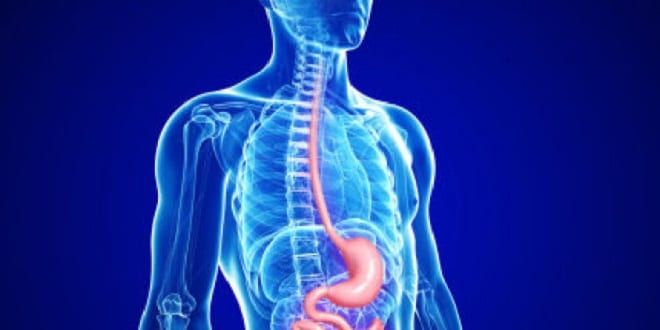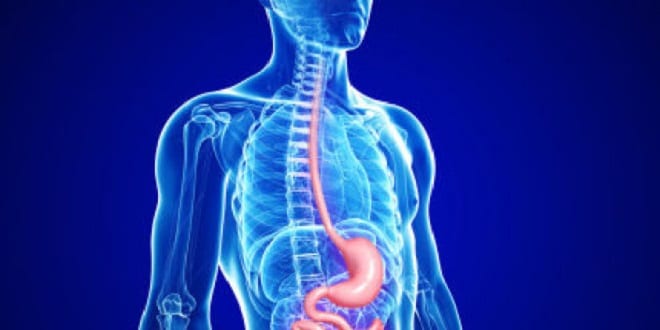
Until now, it was thought that everything to do with our feelings, emotions and thoughts, in short, with our behaviour depends on the mindThe brain, still mistakenly considered by many doctors to be synonymous with the brain.

The body's cells are capable of exchanging information.
This is why neurologists' studies focus on the brain (they consider the spinal cord as a mere appendage whose function is merely to conduct afferent nerve impulses from the brain to the rest of the body and deferent nerve impulses from the whole organism to the brain using so-called neural fibres).
In short, a kind of central computer from which a complex and very long "wiring" is based, which serves to transmit information to the whole organism and, in turn, to collect it, including information from external stimuli.
However, this simplistic scheme falls apart as soon as two fundamental issues are taken into account which have little to do with brain neurons: the existence of a Enteric nervous system or digestive brain The neurotransmitters - popularly called the Second Brain - and the existence of almost a hundred different types of neurotransmitters that travel through our organism together with the blood carrying information from one place to another, which are not only generated in the brain areas and neuronal synapses but also in many of the non-nerve cells of the organism. Despite their name, neurotransmitters are therefore not exclusive to the nervous system. More importantly, virtually every cell in the body has receptors for neurotransmitters (even sperm have serotonin receptors!).
Emotional states and non-rational nervous processes are strongly influenced by the enteric nervous system or second brain, which is responsible for controlling the gastrointestinal system, which it covers with its 100 million neurons.
This means that most cells in the body are able to exchange information, communicate with each other and act accordingly, independently of the brain and the central nervous system.
Well, one of the neurotransmitters The most widely studied and most widely studied chemical involved in many important aspects of our lives is serotonin, which is now considered to be one of the keys to human behaviour. Hence it is the basis of most of the drugs used by psychiatrists and its abundance is considered a sign of health.
It is therefore time to realise something that many do not know: 95% of that neurotransmitter is made in the gut!
More information on the medical treatment of Colon Hydrotherapy

